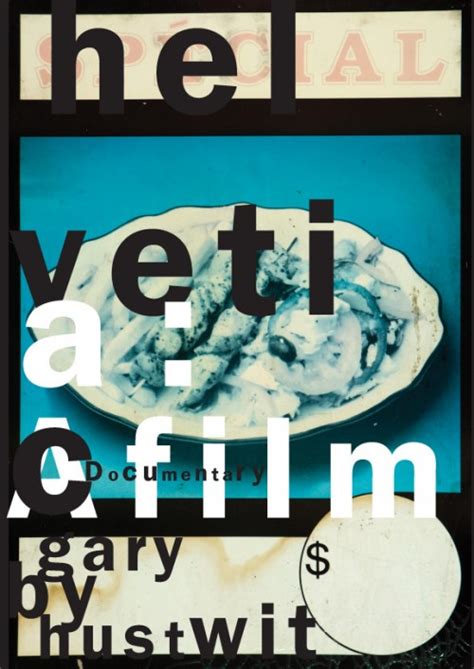A Quote by Ron Suskind
If you write something that gets a bad response, or someone commits candor or is off message, there are often consequences almost immediately when it appears in the paper or a magazine, that somebody gets called into the boss's office. And sometimes it can result in a loss of access for the reporter.
Related Quotes
I'm almost mentally incapable of drawing a distinction between art I make for the masses, or my clients, and that I make for myself. It all flows from what gets me off, ultimately. It's my viewpoint, and I don't particularly care if it gets seen by gallery patrons, magazine readers, internet audiences, or my friends, as long as it gets seen.
We can carry the burden of hurt throughout our lives. We can make the hurt that we have experienced the defining aspect of our stories of ourselves. That means that somebody else gets to say who we are, somebody else gets to decide how we feel, and somebody else gets to decide how we see the world. Forgiveness not only frees us from the burden of someone else's opinion of us, but it allows us the opportunity to really write a story of ourselves that we can love, enjoy, relish, and live into.
Sometimes the difference between two candidates is an important one in the immediate sense, and then I believe trying to get somebody into office, who is a little better, who is less dangerous, is understandable. But never forgetting that no matter who gets into office, the crucial question is not who is in office, but what kind of social movement do you have. Because if you have a powerful social movement, it doesn't matter who is in office.
When you think intensely and beautifully, something happens. That something is called poetry. If you think that way and speak at the same time, poetry gets in your mouth. If people hear you, it gets in their ears. If you think that way and write at the same time, then poetry gets written. But poetry exists in any case. The question is only: are you going to take part, and if so, how?
I'd love to work on something that gets some type of critical respect. This business is sometimes so brutal - you work on something for months and really feel like the project is good and you're doing the best work you can, and then it just gets hammered by critics. It's such a bummer sometimes, because everything seems to build up to the release and a couple of bad reviews can make it seem like it was all a waste, which you know it wasn't.
Corliss wondered what happens to a book that sits unread on a library shelf for thirty years. Can a book rightfully be called a book if it never gets read? If a tree falls in a forest and gets pulped to make paper for a book that never gets read, but there's nobody there to read it, does it make a sound?
The bad news is that ignoring the performance of people is almost as bad as shredding their effort in front of their eyes. Ignoring gets you a whole way out there. The good news is that by simply looking at something that somebody has done, scanning it and saying "Uh huh," that seems to be quite sufficient to dramatically improve people's motivations.

































